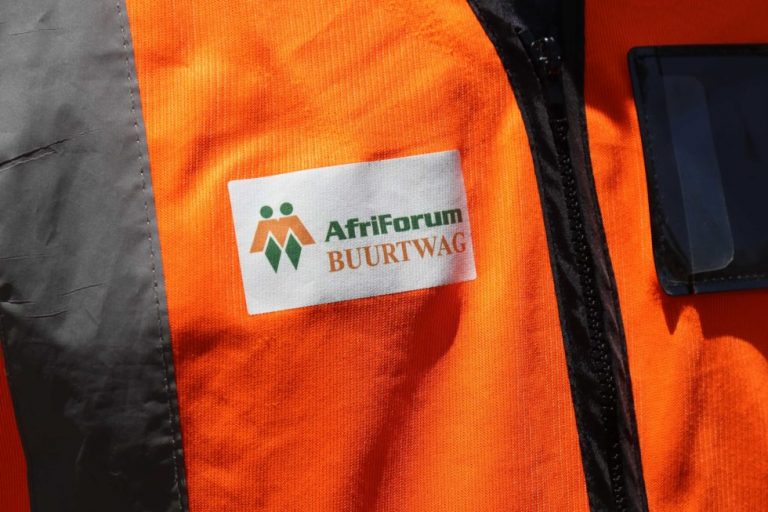Supreme Court of Appeal’s verdict in HRC case a huge victory for justice – AfriForum
The Supreme Court of Appeal’s (SCA) judgment today that the Human Rights Commission’s (HRC) findings are not enforceable in themselves and can only be enforced by a court, is a huge victory for justice, according to AfriForum, who acted as a friend of the court in this case. AfriForum emphasises that this ruling sets an important precedent for current and future HRC findings.
The SCA’s judgment was delivered in a case between the HRC and the agricultural company AgroData, in which the HRC argued that their findings and directives in a dispute regarding residents of the farm De Doorn Hoek’s access to borehole water are binding.
AfriForum is delighted with the SCA’s judgment which confirmed the principle that HRC recommendations do not always have to take precedence over other dispute resolutions.
AfriForum is delighted with the SCA’s judgment which confirmed the principle that HRC recommendations do not always have to take precedence over other dispute resolutions.
According to Louis Boshoff, Campaign Officer at AfriForum, the constitutional order has been maintained by this judgment. “The Constitution makes it clear that each Chapter 9 institution, such as the HRC, must uniquely strengthen constitutional democracy and does not have the purpose or powers to replace or pre-empt court judgments.”
In a unanimous ruling the SCA concluded that “although Chapter 9 institutions were established to bolster our constitutional democracy, it does not necessarily imply that they all possess binding remedial powers. They fulfil distinct mandates and have effective ways of fulfilling their purpose, as provided by the Constitution.” The SCA, accordingly, found that the HRC has no powers to make binding directives.
During the court proceedings on 12 March this year, AfriForum argued that the HRC’s findings should not be considered binding. This argument is based on Section 184(2)(b) of the Constitution, according to which the HRC may take steps “to secure appropriate redress where human rights have been violated”. The Constitution does not, however, allow the HRC to issue binding directives.
Background information
In May 2018, the HRC received a complaint from residents of the farm De Doorn Hoek, in Mpumalanga after the landowners, AgroData, allegedly restricted residents’ access to borehole water in 2016. In an attempt to have the directives enforced, the Commission turned to the Mpumalanga High Court in Mbombela. However, this court dismissed the HRC’s application in March 2022 and ruled that, although the HRC can make recommendations, they could not prove that all directives issued by the HRC are binding. In response, the HRC approached the SCA to appeal this decision.









